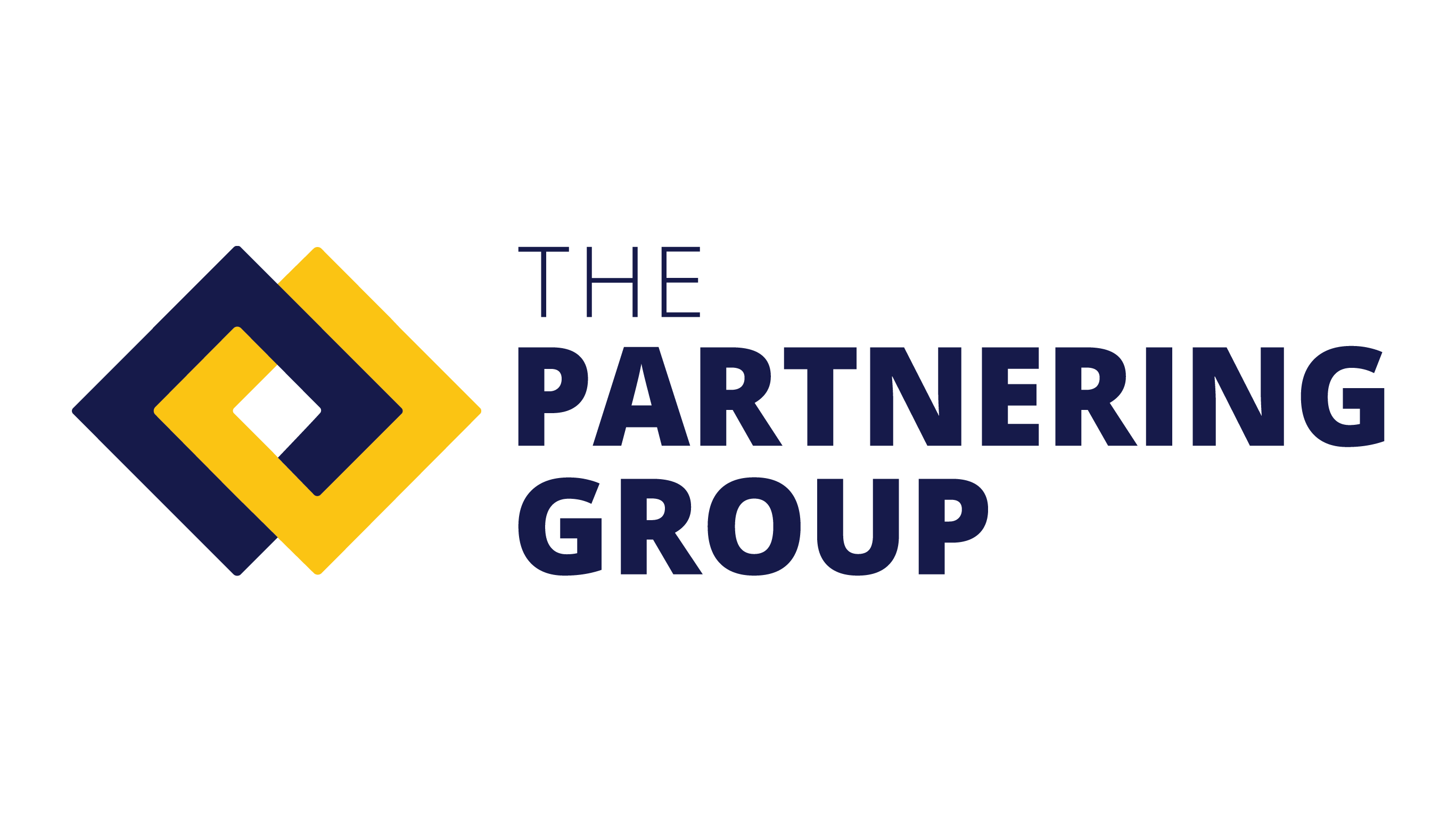Customer Development Transformation Delivering Global Growth
 Challenge
Challenge
A leading food manufacturer with multiple operating companies struggled with variable retail executions due to its massive size and reach. While facing fluctuating and uncompetitive retail coverage costs that would span 1-2% of sales, such ongoing challenges were corrosive to future growth. As a result, the manufacturer tapped TPG to help partner and solve by assessing current organizational variability versus Industry Best Practices. In tandem, developing a strategic roadmap for dramatically improving retail coverage to be more effective and efficient would be a cornerstone for fundamental strength and stability.
[contactbox_left height=”300″ heading=””]
Discovery
We immediately recognized the need for an Organization Performance Model (OPM) to be at the heart of the design. Upon further discover, it was imperative to complete a deep-dive Assessment, Design valuation, Implementation and establish a continuous Renewal system. Through the journey to transformation, we developed cross-division organization and business case analyses, created single “face” to the retail customer model, and integrated a hybrid design. To ensure measurable improvement would be achieved, we partnered with the manufacturer for a 2.5 year span to design, test and implement successful change models. As a separate focus, delivering significant reduction to the SG&A was accomplished through customization of innovative financial modeling. After a significant amount of reinvention, the final facet to delivering sustainable growth came through a customized Best Practice for long-term competitive advantage at the point-of-sale.
[/contactbox_left]
[contactbox_right height=”300″ heading=””]
[/contactbox_right]
Impact
Through the establishment of a Global Best Practice within this company, north of 38% increase in customer contact time was gained, greater than 60% reduction in Admin & Travel time was realized, and 1.5-1.8% incremental volume growth was identified. Success continues via the lowest industry cost versus competition at less than 1% of net sales.
